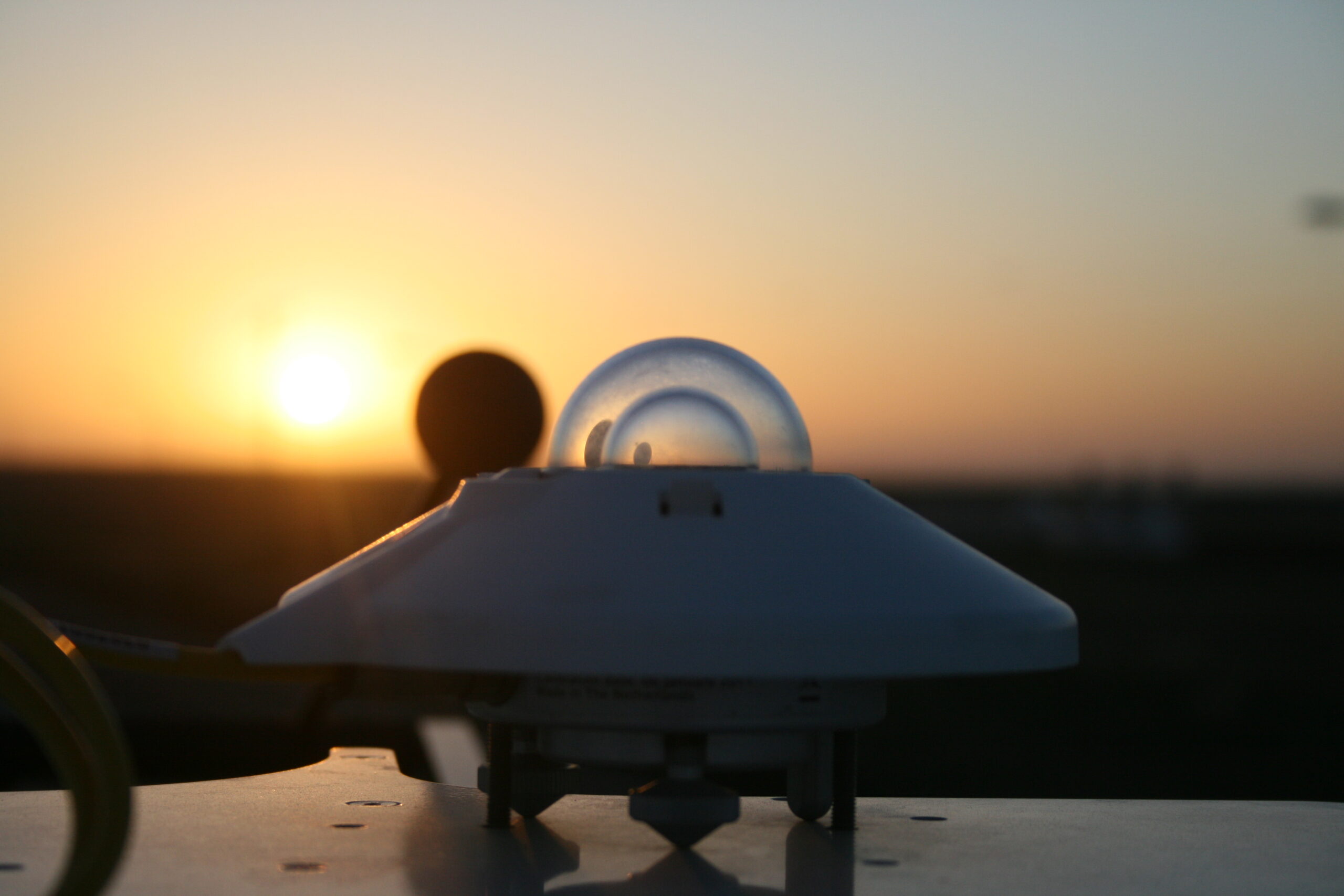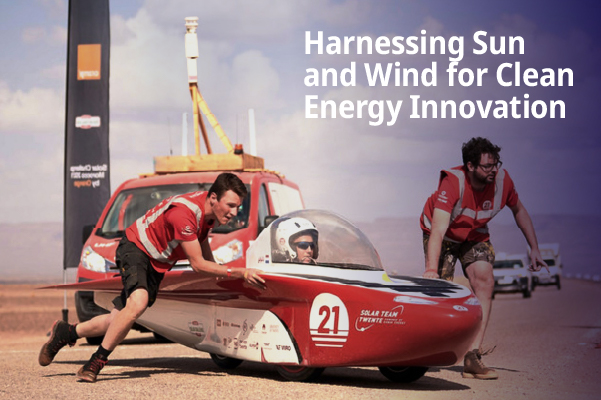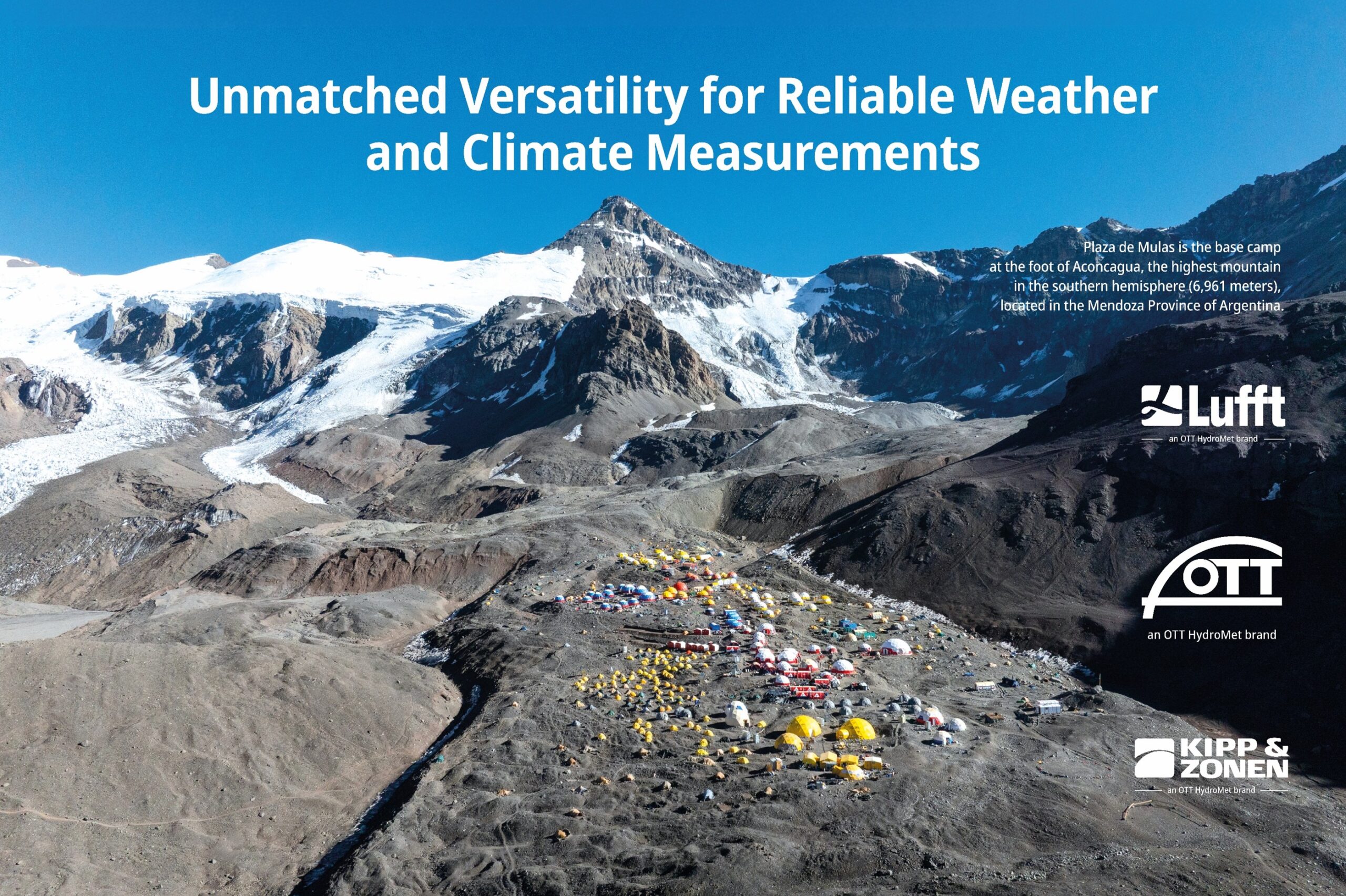PV modules generate the largest amount of electricity when directly exposed to the sun. In theory, using two-axis trackers would maximize the yield. For obvious economic reasons, a fixed installation towards the south is the more popular setup. But it is not the power output alone, that counts in the end, as power prices differ a lot throughout the day. They are low at noon, when there is plenty of energy available and higher in the morning and evening hours.
So what is the best setup from an economic perspective?
That is the question investigated by Matteo Baricchio and Hesan Ziar, two young researchers at the Technical University of Delft. In this episode of OTT CAST, we elaborate on their exciting research work, that compares East/West (E/W) vertical bifacial photovoltaic (PV) modules with conventional North/South (N/S) tilted configuration depending on the design choices – such as distance between module rows and installation height – and external conditions. We are joined by Marc Korevaar, our experienced Scientist at OTT HydroMet, who supported the researchers during their complex simulations with real measurement data.
Tune in and learn about:
- Potential of bifacial modules for East/West vertical installations
- Distinguishing performance from profitability
- Multi-use PV applications in combination with wind energy and hydropower
In case the embedded player does not appear, listen to the episode on Buzzsprout via this link.
Our appreciation and thanks go out to our guests:
Hesan Ziar works as an assistant professor in the Electrical Sustainable Energy department of the Faculty of Electrical Engineering, Mathematics, and Computer Science, at Delft University of Technology.
Matteo Baricchio is a PhD Candidate at the Delft Center for Systems and Control, Faculty of Mechanical Engineering, at Delft University of Technology.
Further reading
- Research paper: Modelling of bifacial photovoltaic farms to evaluate the profitability of East/West vertical configuration (Images above are taken from this publication)
Interested in learning more about the Kipp & Zonen portfolio of premium instruments for solar irradiance monitoring? Reach out to our team!




